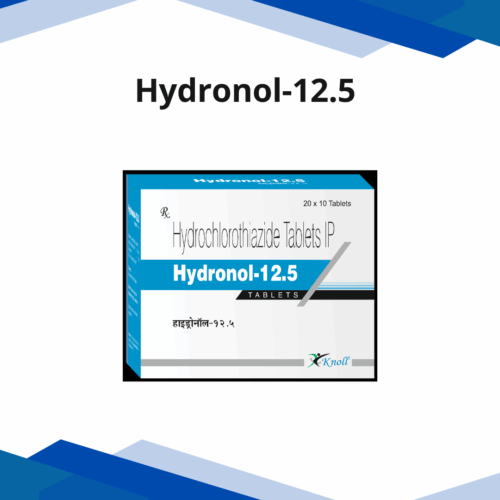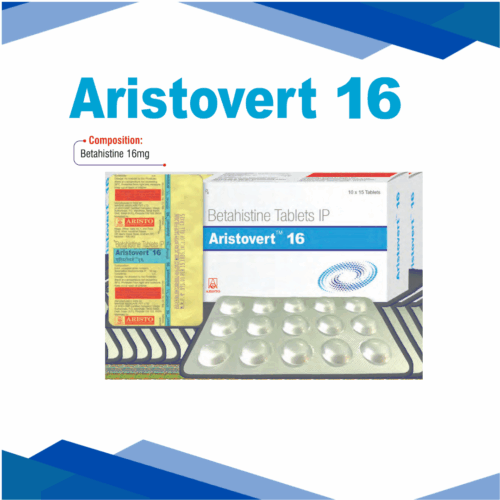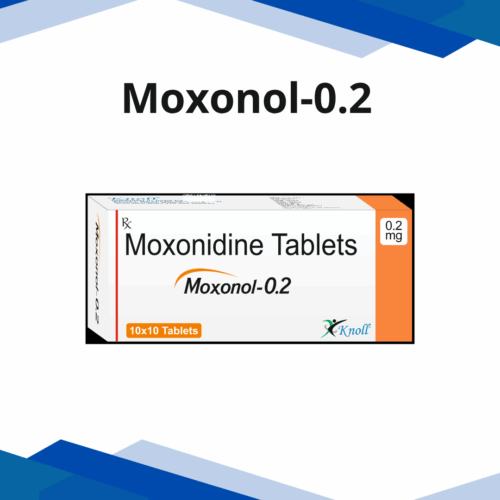Free shipping all orders on over $60.
Returns extended to 60 days.
15% off your first purchase on all products.
₹8,661.54
Cart TotalSubtotal: ₹8,661.54
Your order qualifies for free shipping!
LOPERAMIDE
Overview:
Loperamide is a long acting antidiarrheal used to control nonspecific diarrhea and chronic diarrhea caused by inflammatory bowel disease, or gastroenteritis.
Classification:
Antidiarrheal agents
Uses:
Loperamide is used to help stop or reduce diarrhea. It is commonly taken for sudden diarrhea caused by food, viruses, or changes in diet, and can also be used for long-term diarrhea from conditions like irritable bowel syndrome (IBS). People who have had surgery that creates an opening in the belly (called an ileostomy) may use it to slow down how much stool their body makes. It can also be helpful for controlling diarrhea when traveling. Loperamide makes the stool less watery and helps you go to the bathroom less often.
How It Works:
Loperamide works by slowing down the movement of food and waste through the intestines. When someone has diarrhea, the intestines move too fast, which prevents the body from absorbing enough water, leading to loose or watery stools. Loperamide helps by calming the intestinal muscles, giving the body more time to absorb fluids and nutrients. This results in firmer stools and fewer trips to the bathroom. It works by acting on certain receptors in the gut, not the brain, so it helps control diarrhea without causing any “high” or addictive effects when used correctly.
Dosage:
As prescribed by your doctor.
Side Effects:
Constipation
Stomach pain or cramps
Nausea
Dizziness
Dry mouth
Tiredness or drowsiness
Precautions:
Loperamide should be used with caution. It is not safe in patients with bloody diarrhea, high fever, or infectious diarrhea caused by organisms like Clostridium difficile, Salmonella, or Shigella, as it may worsen the underlying infection. It is also not recommended for children under 2 years of age due to the risk of serious side effects, including respiratory and cardiac complications. In patients with hepatic impairment, loperamide should be used carefully because reduced liver function may increase the risk of central nervous system (CNS) toxicity. High doses can lead to cardiac arrhythmias, including QT interval prolongation and torsades de pointes, especially when taken with other QT-prolonging drugs or in individuals with electrolyte imbalances. CNS effects such as dizziness or drowsiness can occur, particularly in those with liver disease. Caution is advised when used with P-glycoprotein inhibitors, which can increase systemic exposure and toxicity. During pregnancy, loperamide should be used only if clearly necessary, and breastfeeding mothers should consult a healthcare provider before use.
Disclaimer:
This content is for informational purposes only. Always consult a healthcare provider for medical advice and proper dosage.
Showing all 2 resultsSorted by latest
Filter







































































